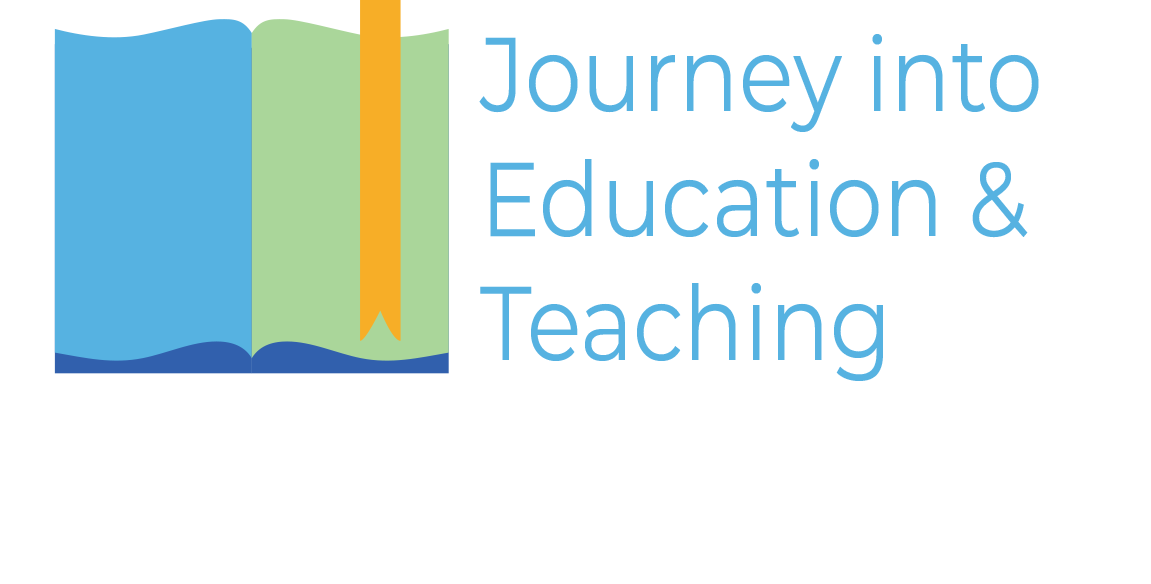JET Graduate Interns Reflect on Education in the Post-Covid Era Forum
Lisa Phung and Nisha Srinivasa
On October 14, 2022, the Harvard Graduate School of Education held an event titled “Beyond Recovery: Seizing Opportunities to Transform Education in a Post-Covid Era.” The event was dedicated to focused conversations surrounding issues in education resulting from the COVID-19 pandemic. JET’s two graduate student interns attended the event and reported back some critical takeaways for those within the education space. Thanks to Lisa Phung and Nisha Srinivasa for their reporting and reflections.
At JET, we value equity in educational pathways for teachers - and alongside equity comes the important conversation of teacher sustainability. We value making the pathway to teaching possible, especially given the challenges presented by the pandemic. In the session entitled Centering Wellness for Educators and Students, several community members, including Lisa Herring, the superintendent of Atlanta Public Schools, acknowledged the ways that schools need to make mental health services accessible to all stakeholders in schools. She stated that, “in real time, we need to prioritize mental wellness for both children and the adults that serve them.” Other community members, including Joe Davis of Ferguson Public Schools, expressed that anti-racist standards for mental health and education need to be developed in order to specifically mitigate the disproportionate impacts suffered by black and brown students and teachers.
The next session, Supporting and Rebuilding the Teacher Profession, was highly related to JET’s work with aspiring teachers. The global COVID-19 pandemic disrupted learning in many ways, and made it even more crucial to ensure that students are getting support to succeed in school. Thinking beyond recovery means not only maintaining a healthy school climate for students, but also supporting teachers as they navigate through this time. Therefore, it is essential to strengthen the teacher profession, which has been put under tremendous strain by the pandemic. Teachers have been working longer hours, facing increased stress as they plan, and many even left the profession, which created the teacher shortage and inability to fill critical teaching jobs. As a nation, we should be greatly concerned about the teaching profession based on data that tracks the overall health and well-being of teachers, which shows that these measures are near their lowest point in a half century. Polls and survey results show that interest in this profession has declined over time. The number of people who have earned a teaching license has also declined by a third over the last decade. This is not an immediate effect of the pandemic, but the pandemic may have exacerbated this effect that has been noticeable since 2010. This also stems from structural challenges and the lack of support and accessible pathways to teacher licensure causing erosion of the infrastructure of the teaching profession.
In accordance with the lessons learned at this event, JET wants to prioritize high quality mentorship and teacher sustainability as our new cohort of bright and brilliant future teachers enters our program. We look forward to having continuing dialogue about how to make education equitable for all involved and about how to foster a classroom climate that considers the mental health of both students and teachers throughout their educational journey.
Nisha: As a former K-12 public school teacher, the conversation around mental health in the education space was affirming. Last year, I felt there was very little systemic effort made to address student and teacher mental health in my work place, and instead, there was rhetoric surrounding the idea of making up for learning loss. It felt as if both the needs of myself and my students went unnoticed. So, this conversation made me feel hopeful that there can be systems and structures put in place to care for the well being of both teachers and students. I found this very applicable to my graduate studies as I am studying Human Development and Education, a program that seeks to understand the social and political processes involved in the ways young people experience development. As mental health is an ever present concern in the aftermath of the pandemic, it was relevant to understand the realities of this context under which students are experiencing education.
Lisa: It is important to me that the teacher profession is supported and sustained. As a mentor for K-12 students, I am an advocate for student success which means that I am also an advocate for the teacher profession as they are a major contributor to students’ success. As an individual who strives for equity and excellence in schools, I believe that this conversation was necessary in helping stakeholders involved in education understand the importance of the school climate for teachers especially when they want to achieve sustainability for future generations. This panel highly informs my own graduate studies as I am also a part of the Human Development and Education program where we always seek the integration of research, on how people learn and research on effectiveness of diverse practices, interventions, and organizations. The research in my program also directly applies to my work with JET as I understand the effectiveness of an alternative pathway in licensing people to become a teacher. Ultimately, the panel also supported my understanding of systemic barriers that may impact routes of interests in teaching and educating and how people in education systems choose to approach these challenges.

